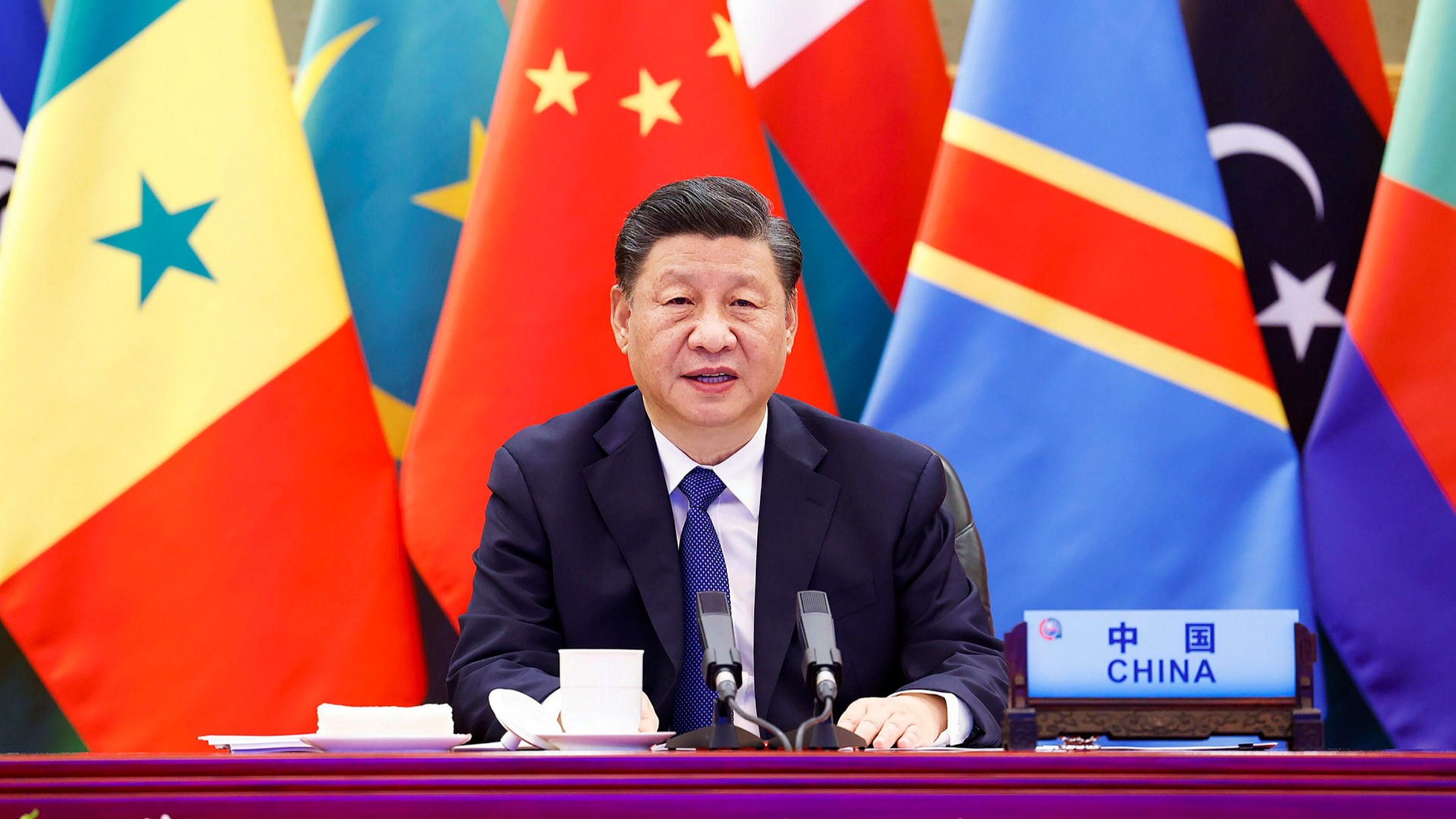Chinese President Xi Jinping has pledged to provide 1 billion COVID-19 vaccine doses to African countries and invest $10 billion across the next three years.
The vaccine pledge was made during a speech via video link to the China-Africa summit in Dakar, Senegal, and it comes at a time when concerns are mounting over the spread of a new variant of the coronavirus – known as Omicron – which was first identified in South Africa.
China has already supplied 200 million shots to the continent and it hopes to meet its new pledge through joint investment in vaccine production. Africa is still struggling with what some experts dub “vaccine inequality” and vaccine hesitancy is also widespread.
President Xi’s vaccine diplomacy comes one week after U.S. Secretary of State Antony Blinken completed his first trip to the continent. While in Senegal, America’s top diplomat oversaw the signing of infrastructure deals worth $1 billion between the government and American companies, a first in years. Africa has always been near the bottom of America’s foreign relations priority list, mainly because the world’s poorest continent accounts for less than 2% of its total two-way trade.
China’s relationship with Africa is one of a few that predated colonialism. Ties have blossomed since the turn of the millennium, with China outgunning former colonial powers like Britain and France to become Africa’s largest trading partner. Despite recent moves by U.S. President Joe Biden to recalibrate ties with the continent through his Build Back Better World or B3W plan, China believes that investing more on industrial and infrastructure projects will ensure that its position in Africa’s political economy remains insurmountable.
However, Chinese deals have been dogged with controversy. A loan agreement between Uganda and China’s Export and Import Bank includes provisions that could see Uganda lose its only international airport in Entebbe should it default on paying.
In the past, similar accusations have emerged in Chinese-funded mega projects like the Mombasa Port in Kenya and the Kenneth Kaunda International Airport in Zambia. Both Lusaka and Nairobi deny such terms exist.

